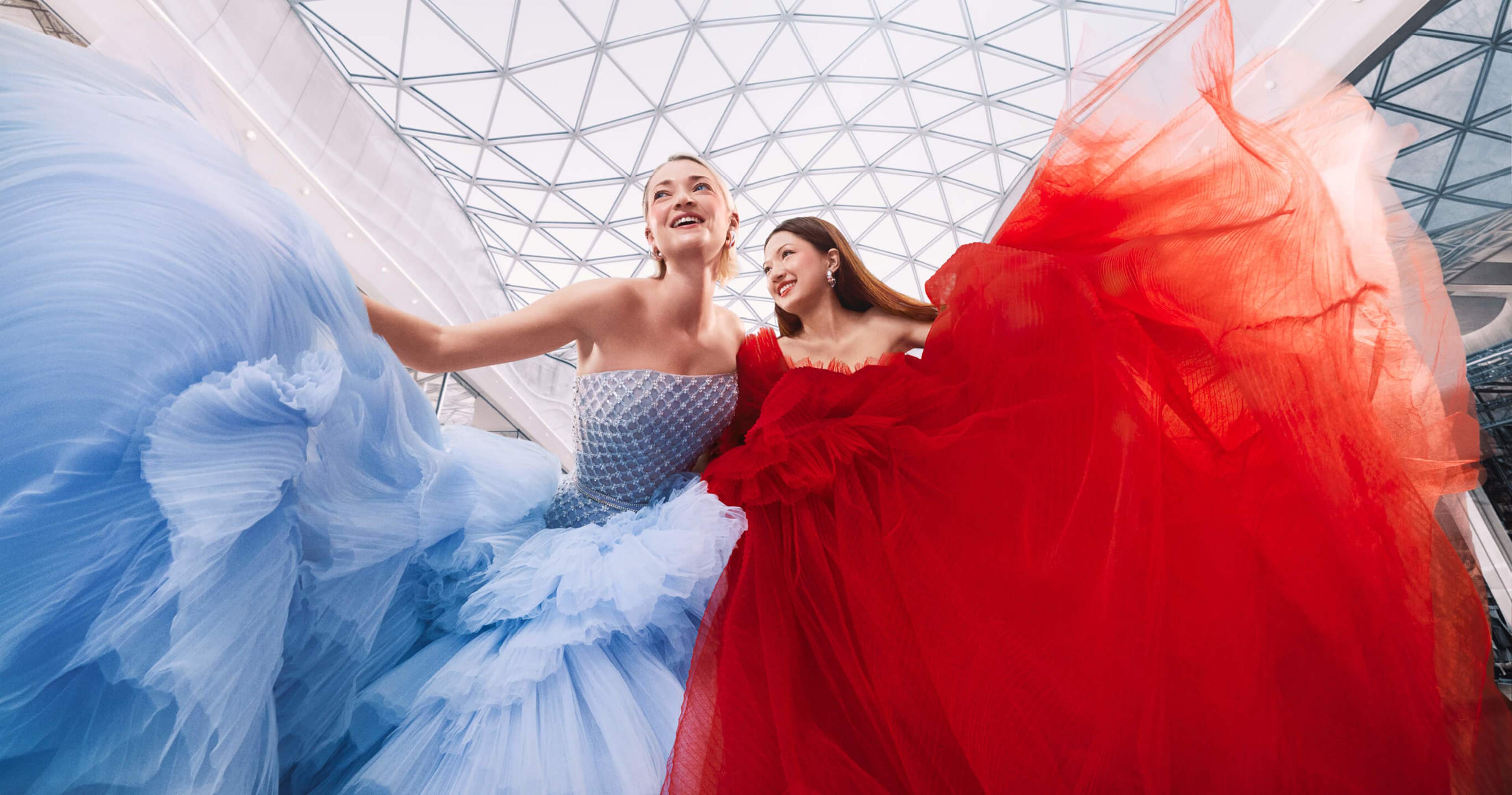BOSS Menswear StoreLushHuber ShopLEGO StoreBioTech USANotinoTom TailorJOHN REED FITNESSConfiserie HeindlBOSCH HausgeräteC & ABackWerkUlla PopkenRITUALSDunkin'Kleider BauerVorwerkJuliana NailsFlying TigerHunkemöllerSwarovskiHartlauer Optik + HörgerätePandoraVapianoFielmannLeBurgerMICHAEL KORSErnsting's Family FashionTchiboCrocsHumanicMimo MimoMagentaPicturePeopleL'Occitane en ProvenceMediaMarkt Zarael&nBershkaPULL & BEARBombay ExpressMcDonald'sLovisa
BOSS Menswear StoreLushHuber ShopLEGO StoreBioTech USANotinoTom TailorJOHN REED FITNESSConfiserie HeindlBOSCH HausgeräteC & ABackWerkUlla PopkenRITUALSDunkin'Kleider BauerVorwerkJuliana NailsFlying TigerHunkemöllerSwarovskiHartlauer Optik + HörgerätePandoraVapianoFielmannLeBurgerMICHAEL KORSErnsting's Family FashionTchiboCrocsHumanicMimo MimoMagentaPicturePeopleL'Occitane en ProvenceMediaMarkt Zarael&nBershkaPULL & BEARBombay ExpressMcDonald'sLovisa
BOSCH HausgeräteJOHN REED FITNESSBackWerkHartlauer Optik + HörgeräteBOSS Menswear StoreMagentaConfiserie HeindlLeBurgerHumanicFlying TigerBombay ExpressL'Occitane en ProvenceBioTech USAMediaMarkt SwarovskiLovisaMICHAEL KORSJuliana NailsDunkin'BershkaPULL & BEARHuber ShopUlla PopkenFielmannLEGO StoreVapianoErnsting's Family FashionZaraTom TailorMcDonald'sNotinoCrocsPandoraLushC & Ael&nTchiboPicturePeopleHunkemöllerKleider BauerMimo MimoVorwerkRITUALS
BOSCH HausgeräteJOHN REED FITNESSBackWerkHartlauer Optik + HörgeräteBOSS Menswear StoreMagentaConfiserie HeindlLeBurgerHumanicFlying TigerBombay ExpressL'Occitane en ProvenceBioTech USAMediaMarkt SwarovskiLovisaMICHAEL KORSJuliana NailsDunkin'BershkaPULL & BEARHuber ShopUlla PopkenFielmannLEGO StoreVapianoErnsting's Family FashionZaraTom TailorMcDonald'sNotinoCrocsPandoraLushC & Ael&nTchiboPicturePeopleHunkemöllerKleider BauerMimo MimoVorwerkRITUALS
Kleider BauerMagentaPandoraL'Occitane en ProvenceConfiserie HeindlUlla PopkenVapianoLovisaSwarovskiCrocsNotinoPicturePeopleBOSCH HausgerätePULL & BEARHunkemöllerDunkin'BershkaHartlauer Optik + HörgeräteJOHN REED FITNESSBOSS Menswear StoreHumanicVorwerkTom TailorBombay ExpressTchiboFielmannHuber ShopLeBurgerJuliana NailsBioTech USAMimo MimoZaraBackWerkMediaMarkt C & AMcDonald'sLushRITUALSMICHAEL KORSErnsting's Family Fashionel&nLEGO StoreFlying Tiger
Kleider BauerMagentaPandoraL'Occitane en ProvenceConfiserie HeindlUlla PopkenVapianoLovisaSwarovskiCrocsNotinoPicturePeopleBOSCH HausgerätePULL & BEARHunkemöllerDunkin'BershkaHartlauer Optik + HörgeräteJOHN REED FITNESSBOSS Menswear StoreHumanicVorwerkTom TailorBombay ExpressTchiboFielmannHuber ShopLeBurgerJuliana NailsBioTech USAMimo MimoZaraBackWerkMediaMarkt C & AMcDonald'sLushRITUALSMICHAEL KORSErnsting's Family Fashionel&nLEGO StoreFlying Tiger
BECOME A MEMBER OF THE WESTFIELD CLUB AND ENJOY EXCLUSIVE BENEFITS.
Become a member

















